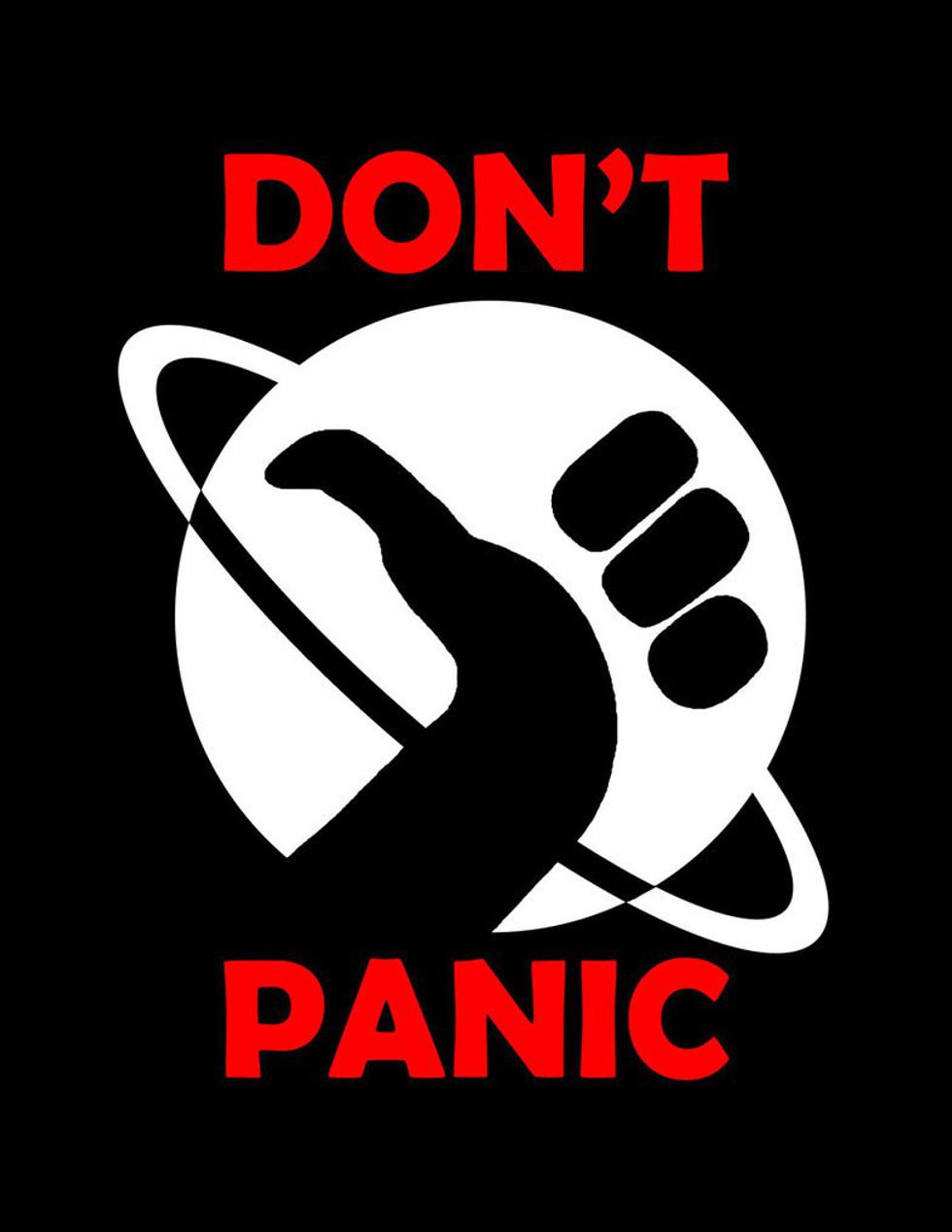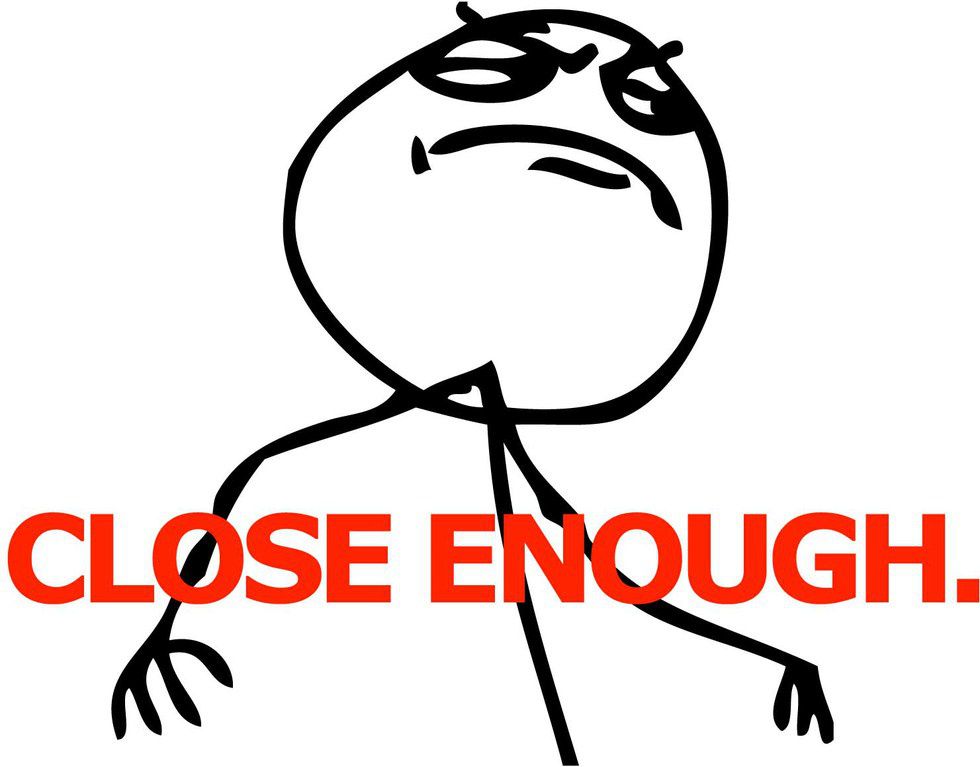Headphones in, world out—literally. Music is the key to our souls. Songs become embedded into our brains and a simple lyric can take us back to many different places and channel our inner emotions. Now, these places may be the best type of places—somewhere you were happy, excited, like a night out with friends, a day at the beach, attending a concert of your favorite band, the day your team won a really big game, etc. On the other hand, music can take you to somewhere dark, the not so great places—your first breakup, the day your friend moved away, a moment when you felt so small, etc. The fact that a small strain of words and a melody that continues to resonate through your head can instantly remind you of something is incredible.
With all our gadgets and gizmos that allow us to listen to our favorite tunes virtually anywhere, it’s no wonder why we’re able to connect events with specific rhythms and beats based on our moods. Music can sometimes be better than going to an actual therapist because one song alone can allow us to understand why we’re upset or why we’re happy.
A song with an upbeat tempo containing words describing a good time can enable us to dance, exercise, and sing-a-long with, heightening our mood or our motivation at the time. For example, I played lacrosse in high school and before each game, I would listen to a playlist of ‘pump up’ songs which filled me with confidence and readiness to dominate the field. To this day, when I hear “Lose Yourself” by Eminem, I’m instantly brought back to high school lacrosse spiking my motivation.
On the other hand, songs with slower tempos or extremely fast ones (scream-o) containing words relating to being upset can benefit our expression of emotions. At times, we become so stressed out that we’re not able to locate the source that’s making us feel so negatively. By listening to the song lyrics of a more pessimistic song, in our minds, we analyze the words and ultimately connect them to our emotions.
When we’re able to decipher and take in the lyrics, beat, tempo, rhythm, etc. at once, we become our own therapist. We listen to our minds explaining why we’re upset. We hurt—we breakdown and when this happens we release the negative emotions that lived in us. It’s a healthy thing to cry because it alleviates some of our stress. Sometimes it’s too hard to cry for us, but the moment we connect to a song lyrics, we get hit by a giant bus carrying all of the bad energy in us and waterfalls of tears begin to pour out of eye glossy eyes.
A recent song that came out by the artist named “Logic” called 1-800-273-8255 is a simplistic example of why music is the best kind of therapy. Logic explains the meaning behind the lyrics, “So the first hook and verse is from the perspective of someone who is calling the hotline and they want to commit suicide. They want to kill themselves. They want to end their life” (genius.com). (The title of the song is the phone number for the suicide hotline) At this point of the song, we connect to how we feel: dark, distressed, unhappy, etc. and we breakdown. We realized why we’re upset. The next verse in the song portrays a woman receiving the phone call at the suicide hotline. She explains to the person that there are so many reasons to live—“it’s holding on, though the road's long and seeing light in the darkest things.” The first gives reassurance to the doubter, which we (the listeners) can feel the reassurance as well. The song ends with the once suicidal person saying how they believe in life and how they don’t want to die anymore. The ending enables us to see that though we are at the depths of our despairs, there’s always a light at the end of the tunnel.
Although not everyone can relate to my reasoning, I believe that music provides the best kind of therapy. It is a different type of therapy which allows us to turn on our inner emotions. Lyrics often tell stories in which we can easily relate and connect to. Many times, we’re able to pair a song to a specific place, time, or event based on the emotions that we feel and the beat, tempo, and rhythm that a song plays. So next time you listen to a song, keep this article in mind and see how amazing music really is -headphones in, world out.






















